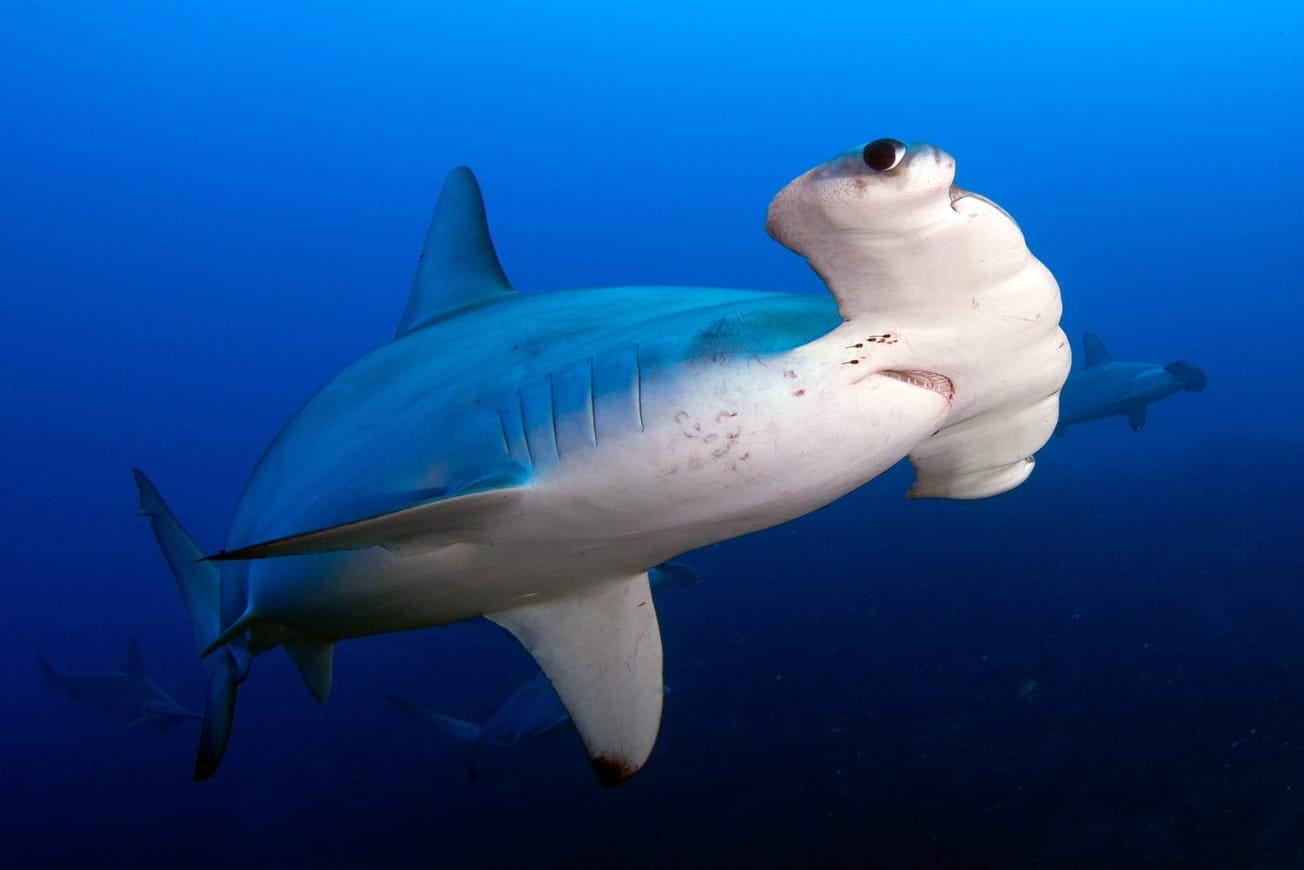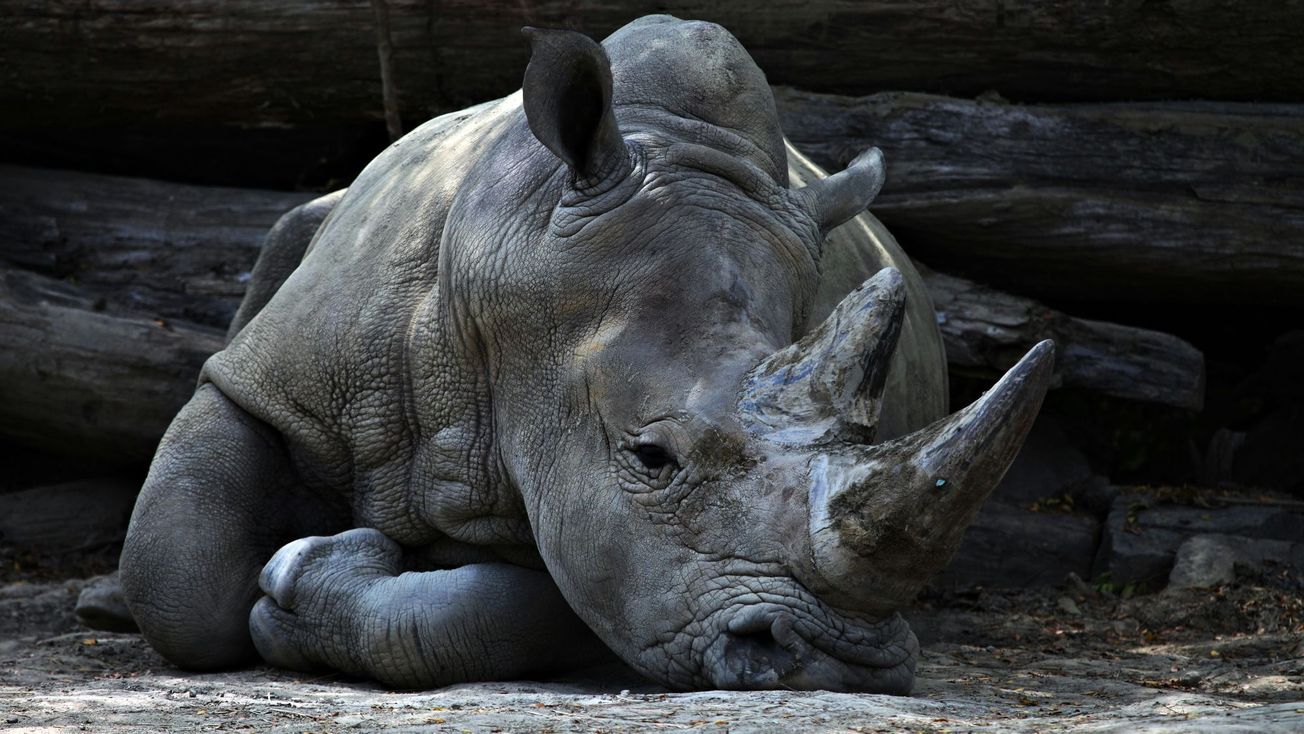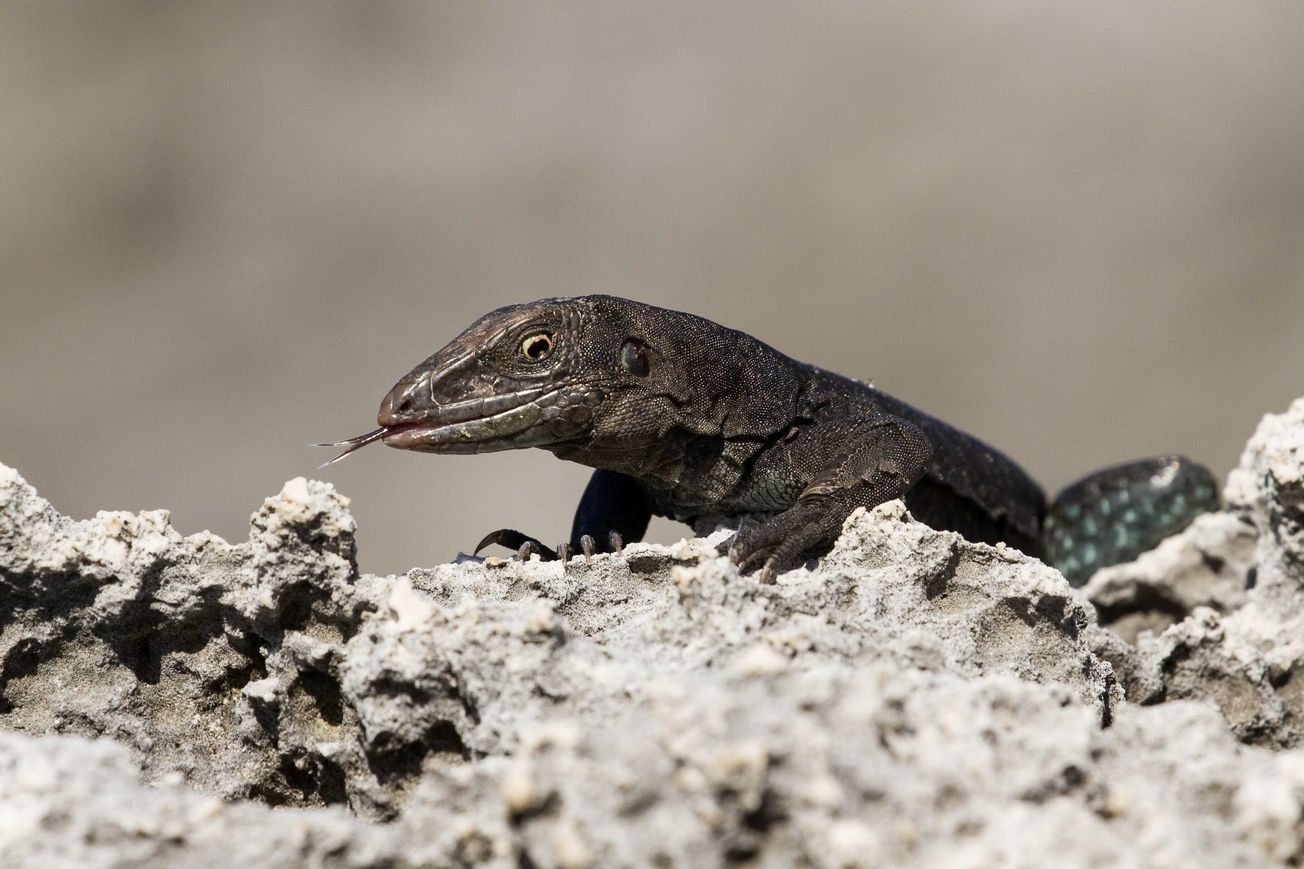The United Nations held its Biodiversity Conference last month in Montreal, Canada. 188 representatives from the 196 states that signed on to the Convention on Biological Diversity (CBD) in 1993 were in attendance. As this was the 15th time they met, the Conference of the Parties was known as COP15.
Also present were the Vatican and the United States, the latter of which failed to ratify the CBD in 1992 due to Republican opposition in the Senate.
The US is one of four UN members to not sign onto the treaty. The others being Andorra, South Sudan, and the Holy See (the Vatican).
Why is it important?
At COP15, the UN Convention on Biological Diversity, adopted the Kunming-Montreal Global Biodiversity Framework, with a vision of “living in harmony with nature,” where by 2050 “biodiversity is valued, conserved, restored and wisely used, maintaining ecosystem services, sustaining a healthy planet and delivering benefits essential for all people.”
The Global Biodiversity Framework contains four long-term goals for 2050 and 23 specific targets for 2030, including:
By 2030…
• 30x30: Restore 30% of degraded global ecosystems on land and sea
• Conserve and manage 30% of areas
• Reduce risk from pesticides by at least 50%
• Reduce nutrients lost to the environment by at least 50%
• Reduce pollution risks and negative impacts of pollution from all sources to levels that are not harmful to biodiversity or ecosystem functions
• Reduce global consumption footprint through reducing overconsumption and waste generation
• Allocate $30 billion from developed to developing countries
• Reduce the rate of introduction and establishment of invasive species by at least 50%
• Ensure that the use and trade of wild species is safe, legal, and sustainable
• Reduce by $500 billion annual harmful government subsidies
By 2050…
• Stop the extinction of known species, and reduce the extinction risk and rate for all species tenfold
• Restore and enhance resiliency of all ecosystems
• Share funding and non-monetary benefits from utilization of genetic resources with indigenous and local communities
Scientists agree that decisions made at COP15 may be our last chance to curb the loss of biodiversity on earth.
Will this work?
Doubtful. More achievable goals were previously unsuccessful.
In 2002, the parties to the CBD agreed “to achieve by 2010 a significant reduction of the current rate of biodiversity loss”. They did not.
In 2010, they came up with 20 Biodiversity Targets for 2020, none of which were fully met. By 2018, they agreed to develop new targets under a Post-2020 Global Biodiversity Framework, which was just adopted at COP15.
Despite ambitious targets, biodiversity isn’t as sexy as climate change. There were no celebrities in attendance at COP15 and it didn’t get nearly as much media coverage as COP27, the UN’s climate change conference.
There are many reasons why biodiversity is in peril. Climate change gets all the headlines but all the problems are connected. The human population continues to grow, which continues to drive deforestation and overconsumption, particularly in the developed world.
Another challenge to biodiversity is our own diet. Too many of us eat beef. Livestock require large amounts of land on which to graze and grow crops for feed, resulting in more deforestation, not to mention the damage methane creates to climate change.
The $500 billion reduction in harmful government subsidies by 2030 could target agricultural subsidies and fishing fleets but that still falls short of the $1.8 trillion subsidies that are currently killing the planet.
In any event, the US was not a signatory to CBD, and is therefore under no obligation to meet any of those targets.
Unfortunately, unlike climate change, which is reversible, albeit incredibly difficult, extinctions are permanent. COP15 was a historic gathering to address biodiversity loss. But it wasn’t enough and it is unlikely to solve the problem as long as the US, the world’s largest economy, continues to sit on the sidelines.






